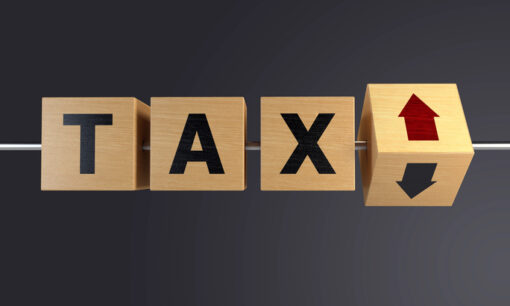
When you file for Chapter 13 bankruptcy, there may appear to be a million and one things to keep care of. It can be a difficult procedure, but the good news is that bankruptcy attorneys are there to assist you. When you deal with The Law Offices of Paul Y. Lee, you’re working with a lawyer who has gone through the process many times before. We can keep you informed about what’s going on and what your alternatives are at all times.
Today, we’ll go over several tax deductions that you might not be aware of. Call us at 951-755-1000 if you have any concerns regarding this or other bankruptcy-related material, or if you just want a free legal consultation.
It’s possible that tax deductions are concealed inside your plan payments
When you apply for Chapter 13, a Trustee will be appointed to pay your monthly debts on your behalf. You will send them a set amount of money every month in exchange. Because there is a layer of separation between you and the invoices you’re paying, you might not realize that those payments contain tax deductions.
Mortgage interest may qualify for a tax deduction
If you’re one of the numerous people who chose Chapter 13 in part to catch up on back mortgage payments, the lender’s major demand will almost certainly be interest. This means that interest makes up the majority of your previous payments. This is significant since the interest on your mortgage is tax deductible.
You may be able to claim a tax deduction for previous years’ taxes
If you pay property taxes as part of your bankruptcy plan, you should be able to deduct them. Similarly, if you owe any back state income taxes, these are deductible as well. When it comes time to file your taxes, make sure your accountant is aware that you are in bankruptcy and that they are aware of the purpose of your payments.
For business costs, you may be able to claim a tax deduction
If you own a business and have filed Chapter 13 bankruptcy, or if you owned a business before filing bankruptcy, your payments may be used to cover business expenditures such as sales tax, vendor debt, and business leases.
What you need to know about claiming your deductions
You should be able to access your trustee reports online the great majority of the time. This will show you who has been paid by your trustee. You may mark any payments that should be tax deductible once you know who made them. If you have already filed taxes since declaring bankruptcy, you may wish to review past years’ returns. You have three years after the initial filing date to file an updated tax return.
Do you have any other concerns regarding bankruptcy? Are you prepared to discover whether it is a viable solution for you? Then schedule a free bankruptcy consultation with The Law Offices of Paul Y. Lee now.

